I want to use a counter to count how many clock cycles an input signal is high. The issue I am running into is that once the input signal returns back to zero, my counter resets which causes my output to also reset since my counter and output are set equal to one another.
In other words, you can see in my simulation that my output is set to 5 for only one clock cycle before it is reset back to zero. What I would like to happen is my output signal to remain equal to my last clock cycle until a new count is finished.
I've posted my code and simulation below.
///////////// HDL Code //////////////
module counter (
out , // Output of the counter
in_1 , // input signal
clk , // clock Input
reset , // reset Input
);
output [7:0] out;
input in_1, clk, reset;
reg [7:0] out;
reg [7:0] counter;
always @(posedge clk)
if (reset)
counter <= 8'b0;
else if (in_1)
counter <= counter + 1;
else if (in_1 == 8'b0)
begin
out = counter;
counter = 8'b0;
end
endmodule
///////////// Test bench Code //////////////
`timescale 1ns/100ps
module counter_tb;
//parameter SYSCLK_PERIOD = 20;// 50MHZ
reg clk_1;
reg in_11;
reg reset_1;
wire [7:0] out_1;
initial
begin
clk_1 = 1'b0;
in_11 = 1'b0;
reset_1 = 1'b1;
#20;
in_11 = 1'b1;
reset_1 = 1'b0;
#50;
in_11 = 1'b0;
#100;
in_11 = 1'b1;
#100;
in_11 = 1'b0;
#50;
$stop;
end
//////////////////////////////////////////////////////////////////////
// Clock Driver
//////////////////////////////////////////////////////////////////////
always
#5 clk_1 = ~clk_1;
//////////////////////////////////////////////////////////////////////
// Instantiate Unit Under Test: counter
//////////////////////////////////////////////////////////////////////
counter counter_0 (
// Inputs
.in_1(in_11),
.clk(clk_1),
.reset(reset_1),
// Outputs
.out( out_1 ),
